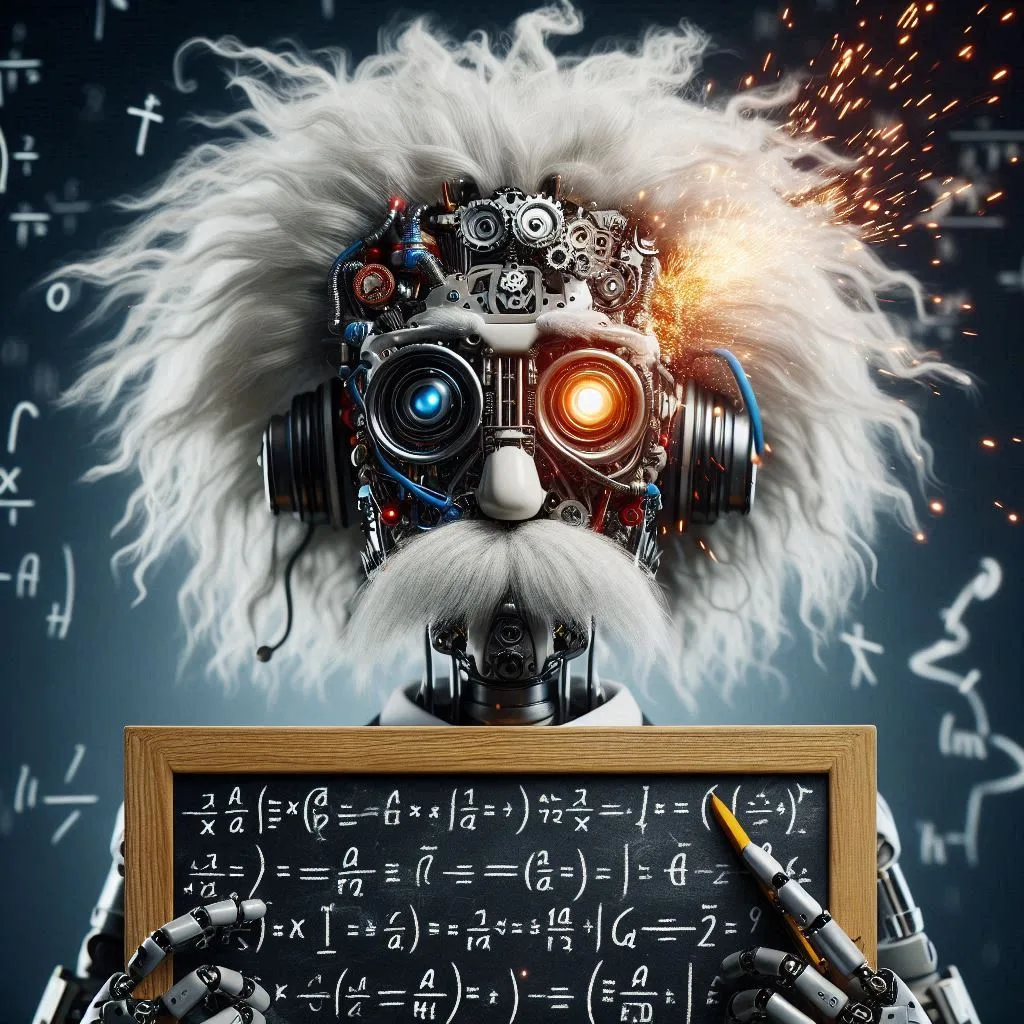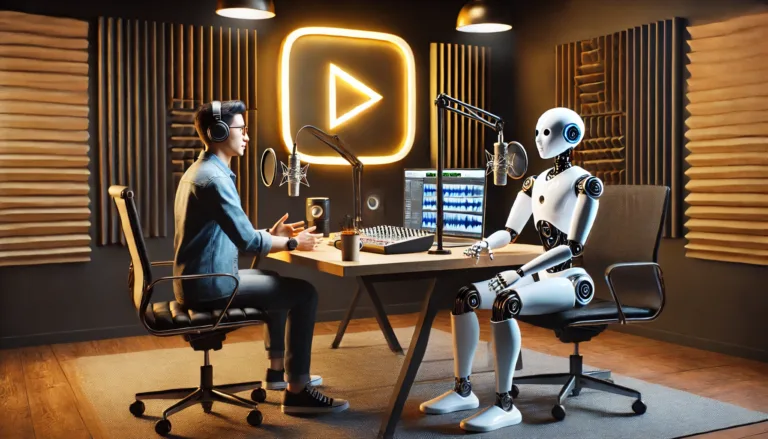Artificial intelligence (AI) has dramatically transformed various fields, from healthcare and engineering to everyday life. As AI’s capabilities continue to evolve, it raises a compelling question: Can AI itself make significant scientific discoveries? Could these achievements be deemed worthy of a Nobel Prize?
AI’s Role in Scientific Discovery
AI’s capacity to analyze large datasets and generate models has been a game-changer for scientific research. A prime example is AI’s contribution to solving complex problems in biology, such as protein folding—a task that has puzzled scientists for decades. In 2020, DeepMind’s AlphaFold AI system accurately predicted the 3D structures of proteins, a feat that accelerated biological research and demonstrated AI’s potential in the life sciences.
In chemistry, AI systems like “Coscientist” have taken things a step further. Developed by researchers at Carnegie Mellon University, Coscientist successfully planned complex chemical reactions, mimicking Nobel Prize-winning discoveries in the field of organic synthesis. This ability to autonomously execute laboratory experiments and optimize chemical reactions showcases how AI can accelerate scientific progress.
AI-Descartes: The AI That Rediscovered Nobel-Worthy Science
In another breakthrough, researchers developed “AI-Descartes,” an AI capable of replicating Nobel Prize-winning scientific discoveries such as Kepler’s laws of planetary motion and Einstein’s theory of relativity. By employing symbolic regression, AI-Descartes used logic and data-driven methods to derive mathematical equations that explained these phenomena. This development proves that AI can perform tasks historically attributed to human ingenuity, potentially putting AI on the path to achieving Nobel-worthy feats.
What Does This Mean for AI and the Nobel Prize?
The Nobel Prize has traditionally been awarded to humans for their contributions to science, literature, and peace. However, with AI systems increasingly demonstrating capabilities in conducting experiments, analyzing data, and even generating hypotheses, the question of AI’s eligibility for a Nobel Prize becomes more relevant.
One argument against awarding AI a Nobel Prize is that these systems are still largely dependent on human input. Researchers design, train, and interpret AI systems. Even when AI independently discovers new scientific insights, it is often guided by human-defined parameters and goals. For instance, AI-Descartes required extensive programming to establish background theories before it could generate meaningful equations.
Moreover, Nobel Prizes are awarded not only for the discovery but also for the impact these discoveries have on society. An AI making a Nobel-worthy discovery would still need to demonstrate that its contributions benefit humanity in ways equivalent to previous human laureates.
The Collaborative Future of AI in Science
Although AI may not be eligible for a Nobel Prize on its own yet, the future of scientific research likely lies in human-AI collaboration. AI has already demonstrated its ability to speed up research and even generate novel ideas. For example, physicist Mario Krenn sees AI as a muse that inspires scientists by suggesting hypotheses they may not have considered.
AI is also set to democratize science by making tools and experimentation accessible to a broader group of researchers. This could reduce the time it takes to develop new drugs, materials, or even theories in physics. As AI systems continue to advance, the Nobel Prize committee may one day need to reconsider the boundaries of who—or what—can receive such prestigious recognition.
Could AI Get Its Own Nobel Prize Category?
One potential scenario is the creation of a separate category for AI-driven discoveries. This would acknowledge the role of AI in accelerating scientific discovery while maintaining the human-centered nature of the traditional Nobel Prizes. Given the rapid advancements in AI, this option could gain traction as AI becomes a more prominent tool in shaping the future of science.
Conclusion: AI’s potential to make groundbreaking discoveries in science is undeniable. Whether in biology, chemistry, or physics, AI systems are already contributing to research in ways that could revolutionize our understanding of the world. While AI may not yet be eligible for a Nobel Prize, the concept is not far-fetched. As AI continues to evolve, it may eventually be recognized for its contributions in a manner that challenges our current understanding of what it means to be a “scientist.”




